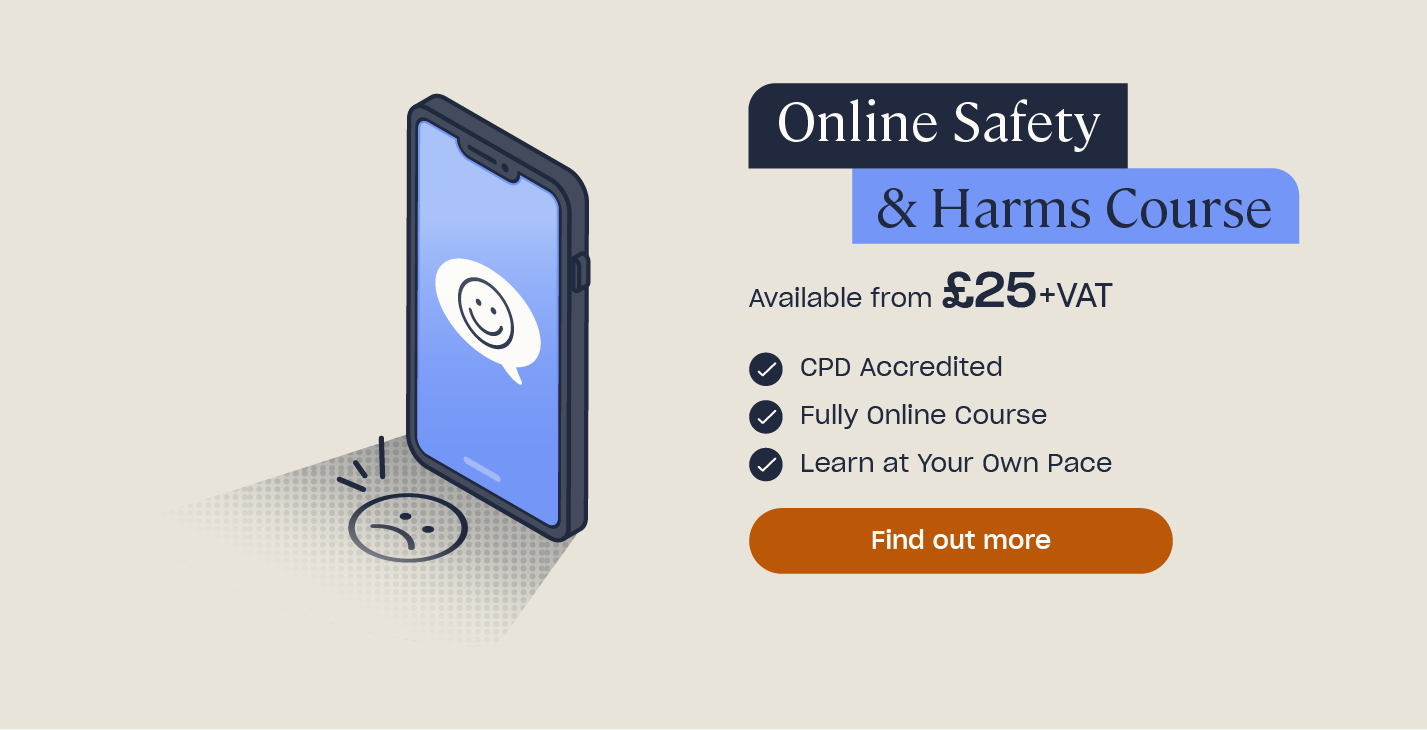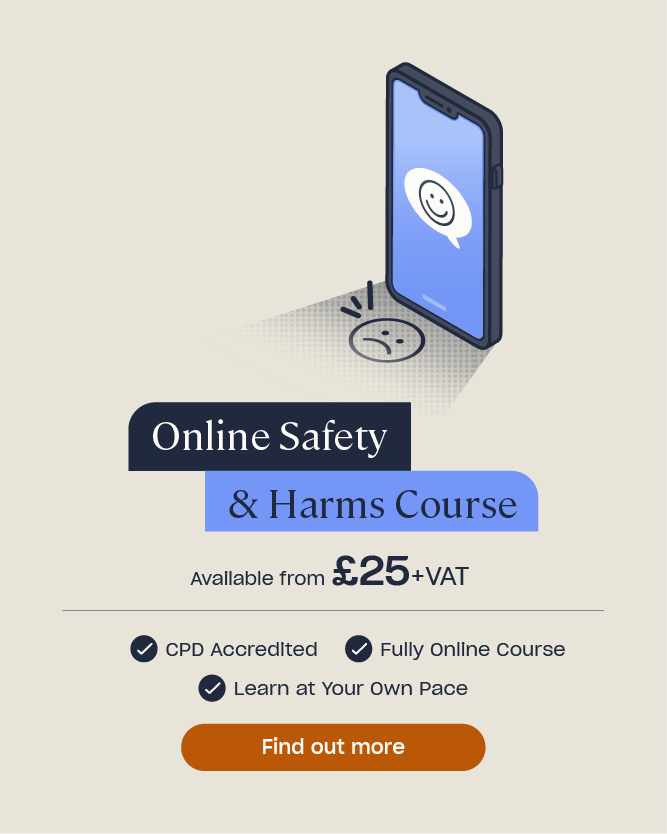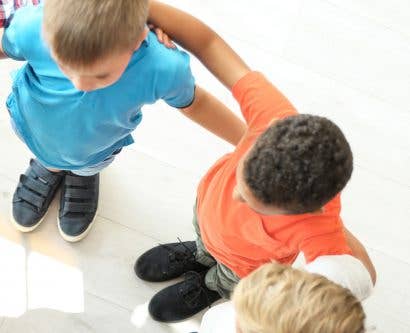How Much Do You Know About Internet Safety? KS2 Quiz
Test Your Knowledge of Internet Safety!
Children use the internet for a number of reasons: to talk to their friends, to play games, to complete homework, or even just to look at websites. While the internet can have many benefits for children, there are, unfortunately, a range of potential dangers that can come with it. As a teacher, you should educate your students about staying safe online. To help you do so, we’ve developed an internet safety quiz that you can use in your classroom during an internet safety lesson. The quiz comprises of 10 questions with multiple choice answers and is written to test the knowledge of Key Stage 2 students. You can find the quiz below.
Someone in your class has sent around an embarrassing photo of another classmate. What should you do with it?

You should show a trusted adult the photo and tell them what has happened. Think about how you would feel if the picture was of you.
Your friend tells you that she is talking to a boy online and she is going to meet him at the weekend. What should you do?

You must tell an adult straight away if somebody going to meet a person that they met online. You should never meet people unless you know who they are for certain.
You’ve gone on a gaming website and it asks you to download a link before you play. What should you do?
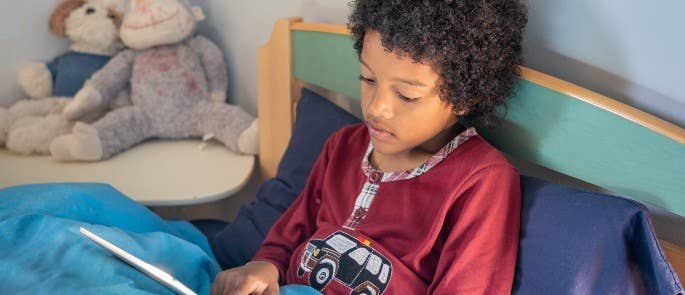
You should always speak to an adult if a website asks you to download something. You never know what it could be.
If you post something on the internet, who may be able to see it?

Anybody may be able to see what you post online. Speak to an adult and ask them to help with your privacy settings.
Who can you share your passwords with?
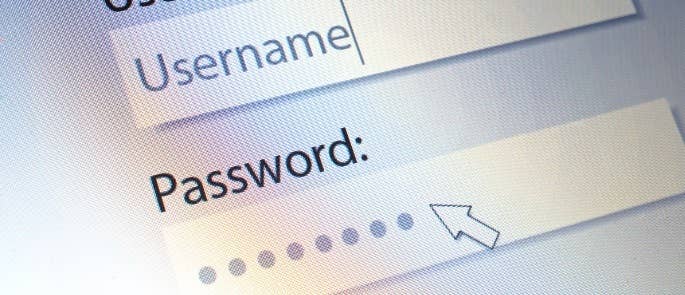
You should always keep your passwords to yourself. It could be dangerous if your password fell into the wrong hands.
Who should you accept friend or chat requests from online?

You should only ever accept friend requests from people who you definitely know. Never accept friend requests from strangers or anybody you’re unsure of. Remember most social media sites require users to be at least 13 years old.
A classmate tells you that somebody has been calling him mean names on an online game. What should you do?

Calling somebody mean names online is cyberbullying. You should tell an adult about it and not ignore it.
One of your friends has posted a video of you on the internet and you don’t like it. You’ve asked them to take it down but they’ve said no because it’s funny. What should you do?

You should speak to an adult about what has happened and tell them that you don’t like it. They can then try to get the video taken down.
You need to create a password for a website. What should you use?

The strongest passwords have a combination of letters, numbers and punctuation. You should never use anything linked to your name because it’s very easy to guess.
What should you do if a stranger asks you to send a picture of yourself to them?

You should never send pictures of yourself to a stranger as you don’t know who they are or what they might do. If a stranger asks for a picture, refuse and tell an adult straight away. You should also never send a picture to somebody that you wouldn’t want anybody else to see. Even if you trust the person, it could still end up online or be shown to others.
Share your Results:
If you’d prefer a printable version of this quiz, you can download it using the button below.
What to Read Next:
- Designated Safeguarding Lead Quiz
- Parents’ Guide to Facebook
- Internet Safety Posters for Schools
- Online Safety & Harms Course


